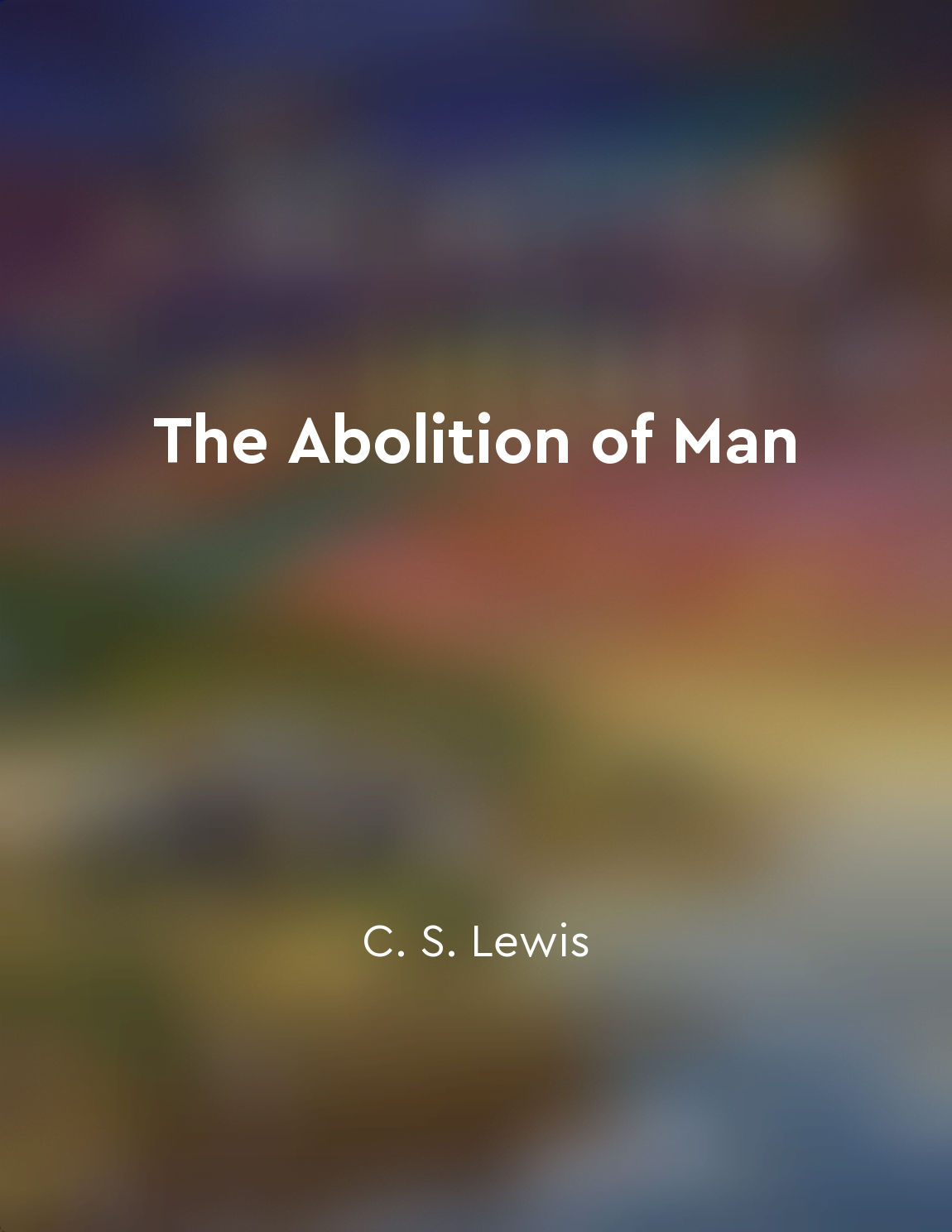Actions must be governed by categorical imperatives, not hypothetical imperatives from "summary" of Groundwork for the Metaphysics of Morals by Immanuel Kant
In considering the concept of moral actions, it is essential to understand the distinction between categorical imperatives and hypothetical imperatives. Categorical imperatives are commands that are binding on us without reference to any further end or goal. They are absolute and must be followed regardless of personal desires or circumstances. Hypothetical imperatives, on the other hand, are conditional directives that depend on our individual goals and desires. They instruct us on how to achieve a specific end based on our particular situation. According to Kant, moral actions should be governed by categorical imperatives rather than hypothetical imperatives. This is because categorical imperatives are universal and apply to all rational beings, irrespective of their personal inclinations or goals. By following categorical imperatives, individuals are acting out of a sense of duty and respect for moral law, rather than being motivated by self-interest or personal gain. Kant argues that moral worth lies in acting from a sense of duty, as opposed to acting in pursuit of a desired outcome. When individuals adhere to categorical imperatives, they are acting in accordance with moral principles that are inherently valuable and valid in themselves. In this way, moral actions are guided by an objective standard of right and wrong, rather than subjective preferences or desires. By contrast, actions guided by hypothetical imperatives are contingent upon specific circumstances and personal goals. They lack the universal validity and moral significance of actions grounded in categorical imperatives. Kant emphasizes the importance of moral autonomy and rationality in determining the ethical worth of actions. When individuals act in accordance with categorical imperatives, they are exercising their capacity for moral reasoning and upholding the inherent value of the moral law. In summary, Kant's argument in favor of categorical imperatives over hypothetical imperatives underscores the importance of acting out of duty and respect for moral principles. By following universal moral commands that are independent of personal desires or goals, individuals demonstrate their commitment to ethical behavior and the inherent value of moral law. Kant's ethical framework prioritizes the objective and universal nature of moral duty, emphasizing the significance of rational autonomy in guiding moral actions.Similar Posts
Personal identity is shaped by continuous change and perception
The idea that personal identity is shaped by continuous change and perception is a central theme in the text. According to the ...

The quest for knowledge requires intellectual curiosity and a willingness to challenge assumptions
Intellectual curiosity is the driving force behind the quest for knowledge. It is the desire to explore, to question, and to un...
Language influences philosophical concepts
Language plays a vital role in shaping philosophical concepts. Different languages offer unique ways of expressing ideas and un...
Overcoming guilt essential to selfmastery
The concept of overcoming guilt being essential to self-mastery is a fundamental theme in the work of Nietzsche and Samuel. Gui...

The individual must confront their own ambiguity
The only truth that might be possible for man to attain is that which he can realize in his own existence. It is a truth that m...
Perception is subjective
Perception is a curious and intricate faculty of the mind, susceptible to various influences that shape our understanding of th...
Resilience in the face of adversity reveals life's importance
The ability to endure hardship and emerge stronger is a testament to the intrinsic value of life. When faced with challenges an...
Humans are a product of evolutionary processes
The evidence supporting the theory of evolution is overwhelming. By examining the fossil record, scientists have been able to t...

Necessity of transcendent moral principles for civilization
Without a foundation of transcendent moral principles, civilization is at risk of crumbling into chaos. The idea that there are...

The impact of scientific progress on ethics
In our time, scientific progress has brought about a profound change in the way we view ethics. The advancements in technology ...
